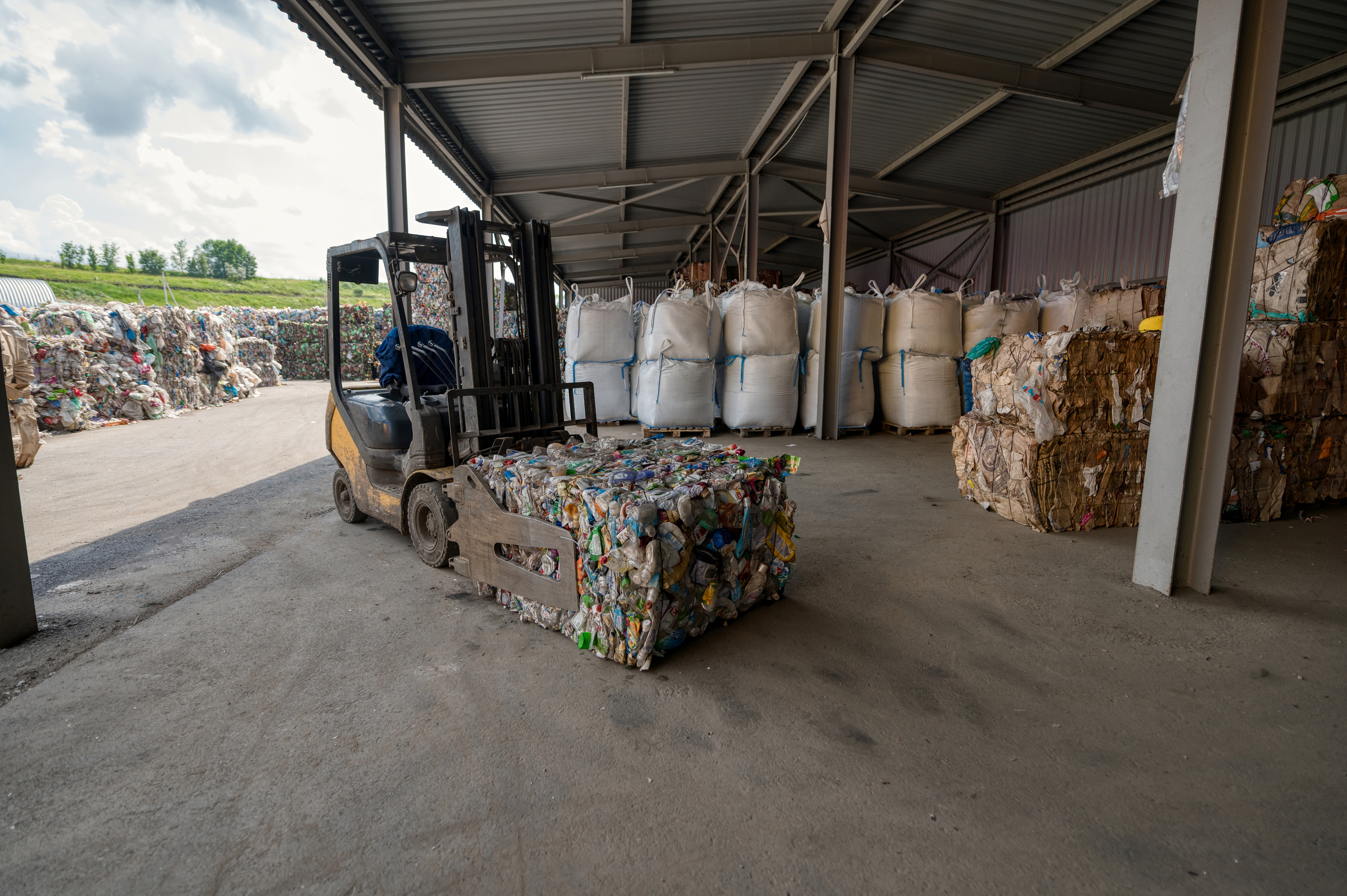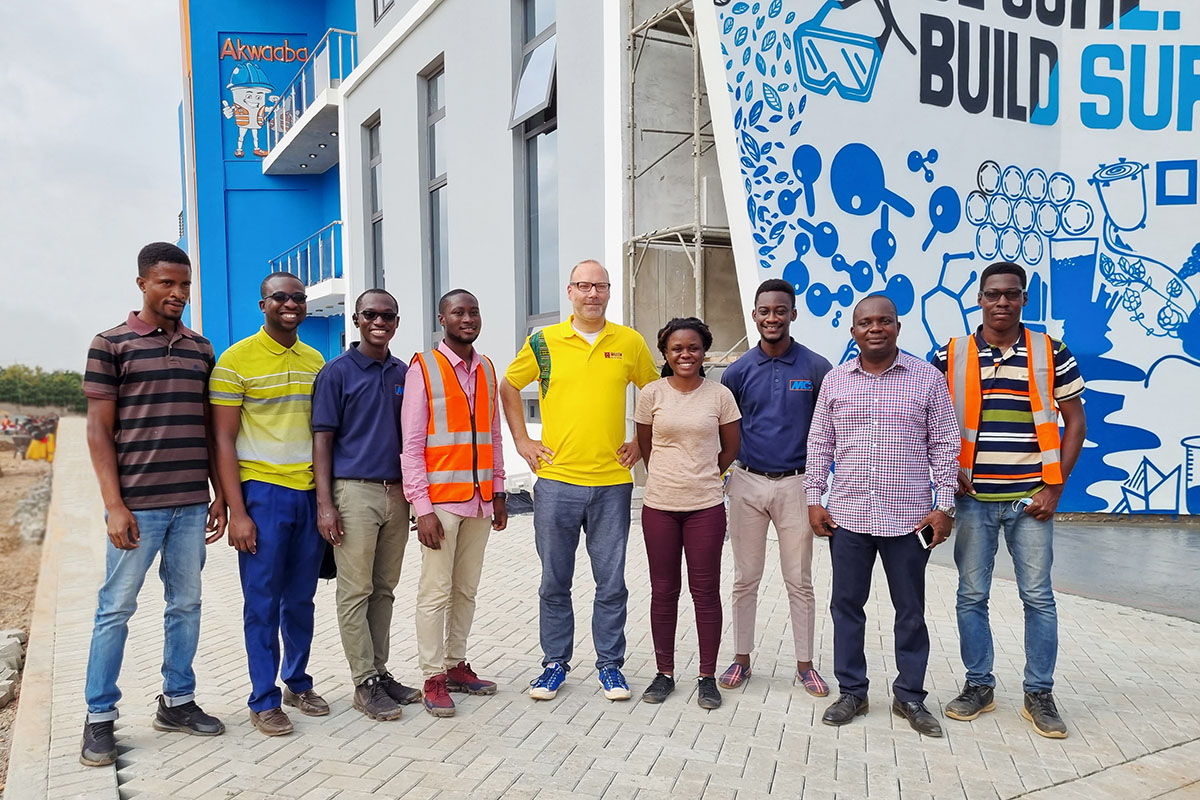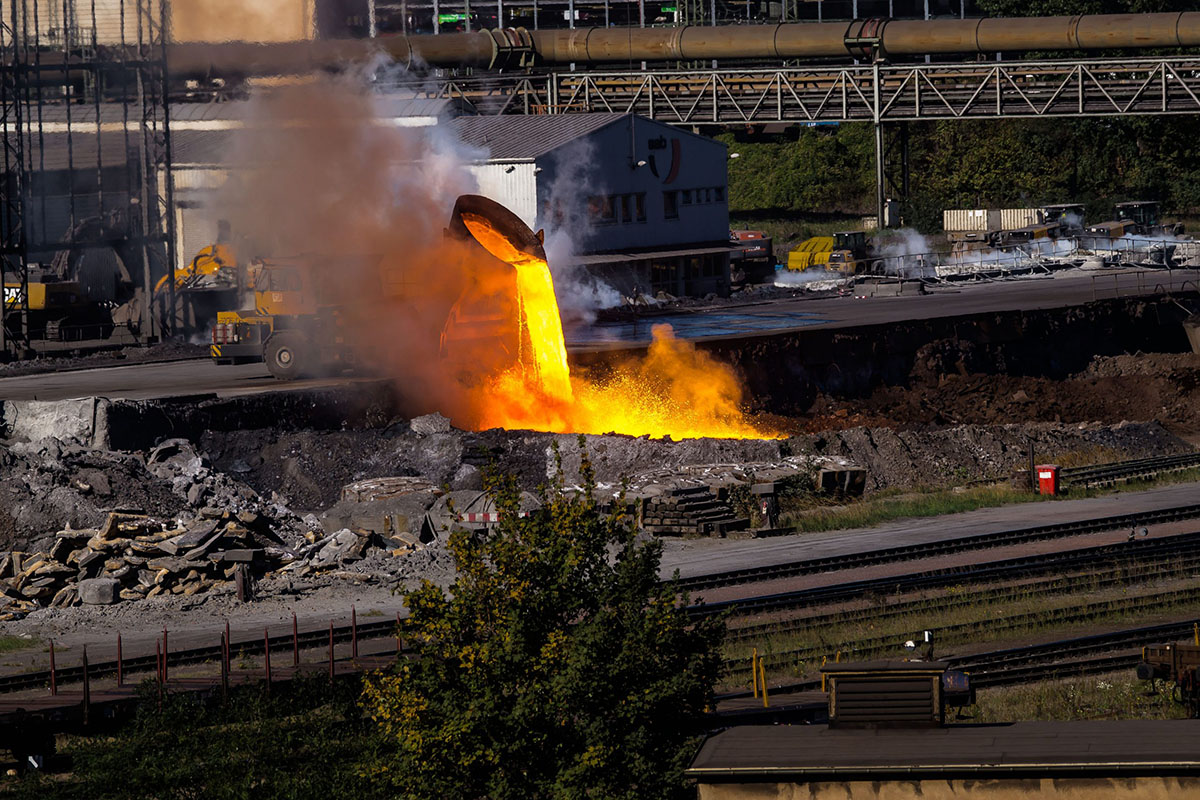

Carbon-neutral silicones for façades - Changing the face of world cities
With around 11% of carbon emissions being generated by building materials, an enormous and ongoing effort is required of manufacturers to continually reduce levels of embodied carbon. In the process of producing silicones, silicon metal production is the biggest contributor to carbon emissions. Carbon-neutral silicones can help to enable a sustainable design, through material and energy efficiency. Significant reduction of carbon emissions from 60-85% have been achieved just by focusing on energy consumption and raw materials. Dow is the first to develop carbon neutral high-performance bonding silicones.
SUSTAINABILITY PORTFOLIO MANAGEMENT (SPM) AT SIKA
More sustainable and more performant are absolutely compatible according to Sika. The Sustainability Portfolio Management (SPM) is the mechanism used by Sika to create products that always combine performance and sustainability benefits. The SPM methodology supports the company’s contribution to the UN Sustainable Development Goals (UN SDGs).
SUCCESSFUL WAYS to REDUCE THE USE of PLASTICS in CONSTRUCTION CHEMICALS MANUFACTURING
Since plastics are produced from fossil fuels, millions of barrels of crude oil and tons of coal must be processed for their production. Plastic waste, which takes many years to dissolve in nature, disrupts the balance of the ecosystem, drastically affecting biodiversity. Significant measures are needed to minimize plastic use in all operations of construction chemicals manufacturing. Organik Kimya developed a roadmap that allows significant reduction in the use of plastics over a relatively short period of time.
PROMOTING SUSTAINABLE CONSTRUCTION in AFRICA
The provision of infrastructure such as bridges and roads is fundamental to economic development in West Africa. However, high temperatures, high humidity, the coastal climate along the main transport routes, and regular flooding in this region pose serious threats to such assets. Their failure would have serious economic consequences in Ghana and its neighbouring countries. MC-Bauchemie is developing and testing application-oriented decision-making aids and innovative building materials designed to also benefit the local value chains in the maintenance and repair of infrastructure assets.
CLIMATE-KIND CONCRETE - A KEY BUILDING BLOCK FOR THE FUTURE
Construction today relies heavily on concrete and one of its main constituents is cement. Global cement production accounts for five to eight percent of the world’s CO2 emissions. Climate-kind concrete can go a long way to significantly improving the carbon footprint of the entire industry, and MC-Bauchemie is in the vanguard of related research.